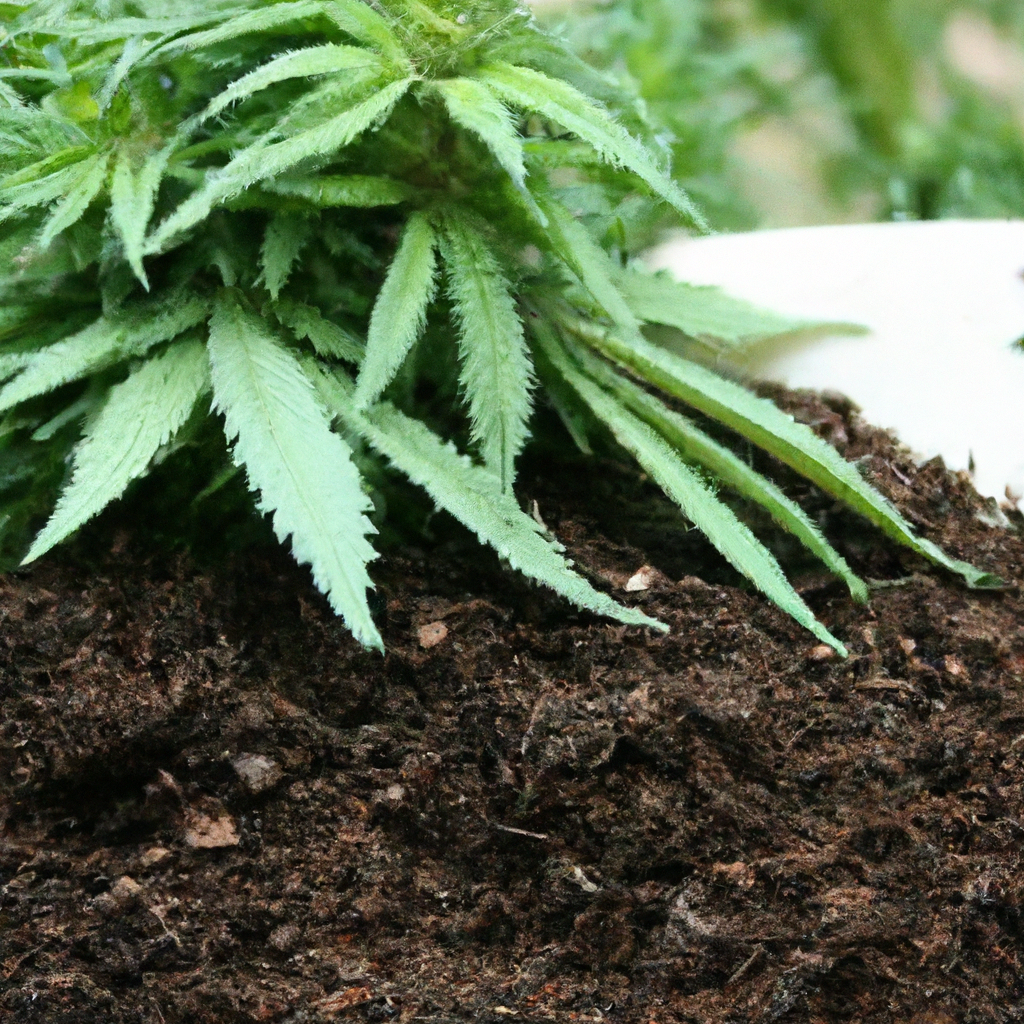Your cart is currently empty!
Organic cannabis cultivation is not only a rewarding method but also an environmentally sustainable practice that benefits both the earth and consumers. In this blog, we will explore the essential techniques and strategies for successfully growing cannabis organically. From enriching soil ecosystems to using natural fertilizers, we provide tips and insights to help you cultivate superior organic cannabis.
Introduction to Organic Cannabis Cultivation
Organic cultivation involves growing cannabis without synthetic chemicals or fertilizers. This approach focuses on nurturing the plant and its environment naturally, resulting in healthier plants and more potent yields. Embracing organic methods support sustainable agriculture and provide consumers with clean, chemical-free cannabis.
Building a Healthy Soil Ecosystem
The foundation of organic cultivation is robust soil. A healthy soil ecosystem promotes plant growth and enhances nutrient uptake. Follow these steps to build rich soil:
- Compost and Organic Matter: Regularly incorporate compost, aged manure, and green plants to enrich soil nutrients and structure.
- Microbial Life: Use plant teas and microbial inoculants to encourage beneficial bacteria and fungi that break down organic material, making nutrients available to plants.
- Mulching: Apply organic mulch to retain moisture, regulate temperature, and suppress weeds.
Natural Fertilizers for Thriving Plants
Organic growing abstains from synthetic fertilizers, instead, relying on natural alternatives. Consider the following natural fertilizers for cannabis:
- Fish Emulsion: Offers nitrogen, phosphorus, and potassium that promote leafy growth and budding.
- Kelp Meal: Rich in trace minerals, it aids flowering and strengthens plant health.
- Bone Meal: High in phosphorus, essential for root development and bloom productivity.
Eco-Friendly Pest Control Methods
Pest management in an organic setting focuses on prevention and use of biological controls:
- Companion Planting: Plant basil, marigold, or lavender nearby to repel common pests.
- Beneficial Insects: Introduce ladybugs or predatory mites that naturally manage pest populations.
- Neem Oil: A natural pesticide to combat fungal and pest manipulations safely.
Conclusion: Why Grow Organically?
Organic cannabis cultivation supports environmental sustainability by reducing chemical usage and encouraging natural biodiversity. Not only does this benefit our planet, but it also ensures consumers receive cannabis that’s free from chemical residues. By embracing organic practices, growers contribute to a cleaner, healthier future while producing premium quality cannabis.
Incorporate these best practices into your cultivation methods to witness the remarkable growth and quality of your cannabis plants through sustainable organic farming.
Tags: OrganicGrowing, NaturalFertilizers, Compost, SustainablePractices, PestControl
Discover more from Magic Clones
Subscribe to get the latest posts sent to your email.


Leave a Reply